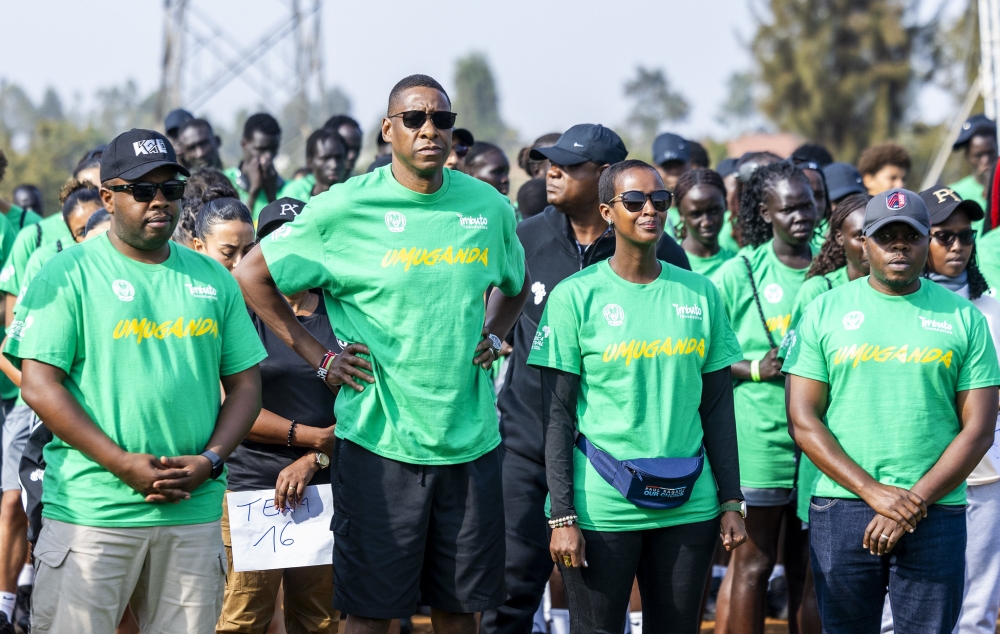Many times, people talk about the various freedoms they ought to enjoy. However, many are not so sure about those freedoms and whether they have boundaries, too. Below, we quote something from the Universal Declaration of Human Rights:

Many times, people talk about the various freedoms they ought to enjoy. However, many are not so sure about those freedoms and whether they have boundaries, too. Below, we quote something from the Universal Declaration of Human Rights:
On December 10, 1948 the General Assembly of the United Nations adopted and proclaimed the Universal Declaration of Human Rights... Following this historic act the Assembly called upon all Member countries to publicize the text of the Declaration and "to cause it to be disseminated, displayed, read and expounded principally in schools and other educational institutions, without distinction based on the political status of countries or territories.”
As you can read from the declaration, it was underscored that these Rights were not designed to be kept in file cabinets of top politicians, Parliaments or any such offices.
Rather they are supposed to be taught in schools and displayed to the public. They are not supposed to collect dust and be eaten by moths in libraries. They are supposed to be accessible and above all, practiced.
It’s good that in Rwanda today, we hear radio and TV programs that mention rights especially those of children.
We should find a way of putting these articles in a language and format that will easily be understood by children. This way, they will grow up not only understanding their rights but respective others’ rights as well.
That’s what one of our features today tries to tackle.
And from the SundayMag team, have a wonderful time.
Editor






